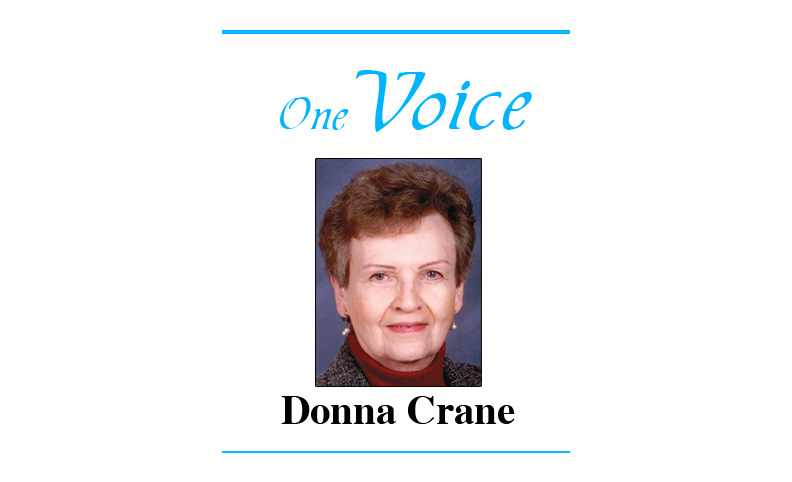
The U.S. Drug Enforcement Administration (DEA) is alerting the public of dangerous counterfeit pills which are killing Americans.
Erica C. Curry writes: “Mexican drug cartels are manufacturing mass quantities of counterfeit prescription pills containing fentanyl, a dangerous synthetic opioid that is lethal in minute doses, for distribution throughout North America.
“Based on a sampling of tablets seized nationwide between January and March, DEA found that 27% contained potentially lethal doses of fentanyl.
“‘Capitalizing on the opioid epidemic and prescription drug abuse in the United States, drug trafficking organizations are now sending counterfeit pills made with fentanyl in bulk to the United States for distribution,’ said DEA acting administrator Uttam Dhillon. ‘Counterfeit pills that contain fentanyl and fentanyl-laced heroin are responsible for thousands of opioid-related deaths in the United States each year.’
“Fentanyl and other highly potent synthetic opioids remain the primary driver behind the ongoing opioid crisis, with fentanyl involved in more deaths than any other illicit drug.
“‘Counterfeit prescription pills and overdose deaths do not discriminate and they impact every community within every demographic,’ said special agent in charge, William D. Bodner. ‘These counterfeit pills are extremely dangerous and often times the user is unaware of how lethal they are and what’s inside them.’
“A lethal dose of fentanyl is estimated to be about two milligrams, but can vary based on an individual’s body size, tolerance, amount of previous usage and other factors. The full Fentanyl Signature Profiling Program Report on the recent drug sampling and testing is available on the DEA.gov website,” Curry wrote.
L. Anderson Drugs.com wrote: “Fentanyl is inexpensive to make illegally, so dealers can make a bigger profit on the streets by disguising it as the higher priced oxycodone.
“In fact, a letter published in the Journal of the American Medical Association (JAMA) in May 2018 concluded that nearly half of opioid-related deaths in 2016 involved fentanyl. Fentanyl powder is cheap and easy to obtain from illicit web sites experts warn, and easily can be ‘cut’ into other drugs. Ultimately, most people die from a fentanyl overdose because they stop breathing.
“These counterfeit pills are often so expertly disguised even a forensic specialist cannot tell the difference visually. However, even touching or accidentally inhaling fentanyl is enough to cause an overdose, as has happened with some law enforcement officials and first responders.
“Examples of controlled substances sold on the street that may contain fentanyl include U-47700 (“Pink”), alprazolam (brand name: Xanax), heroin, ketamine, and cocaine.
“One high-profile death was famed pop star Prince, who died in April 2016 due to a fentanyl overdose. Although it’s not known if Prince died from counterfeit drugs, authorities say that hydrocodone pills found in his home labeled as hydrocodone did contain fentanyl.
“Fueled by easy internet sales, global supply routes, and minimal punishments, counterfeit prescription drugs have become an exploding industry worth over $75 Billion a year worldwide. Counterfeit pharmaceuticals are a big business, and not always steered by narcotics.
“Cancer medicines are often targeted because they return big profits, are a fast growing segment, and patients are often desperate.
“The FDA issued an alert that a counterfeit version of the cancer drug BiCNU (carmustine for injection) has been found in some foreign countries. The legitimate product is approved for treatment of brain cancer, multiple myeloma, and lymphoma (Hodgkin’s and non-Hodgkin’s).
“FDA warned doctors that a phony version of Avastin (bevacizumab) for cancer called Altuzan contained no active ingredient and was being distributed in the U.S..
“The only way to ensure you are getting safe prescription drugs is to buy them from a licensed U.S. pharmacy selling FDA-approved products, or drugs you might receive that your medical doctor prescribed as part of a treatment regimen (such as with chemotherapy),” Anderson Drugs.com wrote.

